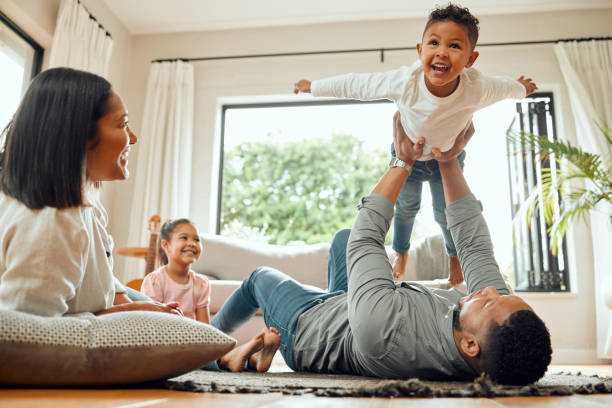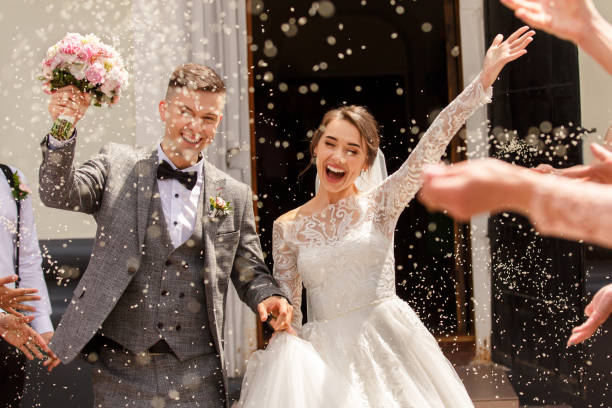
Evolving Gender Roles in Relationships: A Modern Perspective
In today’s ever-changing world, Evolving Gender Roles in Relationships have become a focal point of discussion and transformation. Couples navigate new dynamics redefining traditional norms. Challenging stereotypes and fostering equality. Whether you’re in a long-term partnership or just starting out, understanding how these roles have evolved can strengthen your relationship and enrich your life.
Breaking the Mold: What Does Evolving Gender Roles in Relationships Mean?
The concept of Evolving Gender Roles in Relationships refers to the gradual shift away from rigid, traditional expectations about how men and women should behave within a relationship. Historically, men were often seen as providers. While women were expected to manage the home and children. These roles were largely dictated by societal norms rather than individual preferences.
Today, these distinctions are blurring as:
- Women enter the workforce in unprecedented numbers.
- Men take on more responsibilities at home.
- Non-binary and LGBTQ+ relationships challenge traditional gender constructs.
This evolution emphasizes partnership, mutual respect, and shared responsibility, leading to healthier and more balanced relationships.
Why Evolving Gender Roles in Relationships Matter
The Shift Towards Equality
Gender Roles in Relationships are not just about fairness; they’re about functionality. Modern partnerships thrive when both individuals feel valued and respected for their contributions, regardless of gender. Key factors:
- Economic Independence: With more women achieving financial independence, relationships have become less about survival and more about companionship.
- Changing Family Dynamics: Co-parenting and shared household duties are becoming the norm, fostering collaboration rather than division.
- Mental Health Awareness: Men are increasingly encouraged to express emotions and seek support, breaking the stigma around vulnerability.
By embracing evolving roles, couples can build stronger connections that are rooted in equality and understanding.

How Evolving Gender Roles Impact Modern Relationships
The Benefits
- Better Communication
When traditional roles are set aside, couples are more likely to communicate openly about their needs and expectations. - Stronger Bonds
Sharing responsibilities creates a sense of partnership, reducing resentment and fostering teamwork. - Increased Flexibility
Evolving roles allow couples to adapt to changing circumstances, such as career shifts or family needs, without rigidly adhering to outdated norms. - Enhanced Personal Growth
As individuals explore roles beyond societal expectations, they can discover new strengths and skills, enriching both their lives and their relationships.
Navigating the Challenges of Evolving Gender Roles in Relationships
While the benefits are undeniable, adapting to Evolving Gender Roles in Relationships can come with its challenges.
1. Overcoming Cultural Expectations
In many cultures, traditional gender roles are deeply ingrained, making change difficult. Couples may face criticism or misunderstanding from family, friends, or society.
Solution: Establish clear boundaries and communicate openly with loved ones about your choices as a couple.
2. Balancing Individual and Shared Goals
As roles evolve, partners may struggle to balance personal ambitions with relationship responsibilities.
Solution: Regularly discuss priorities and ensure that both partners feel supported in pursuing their goals.
3. Addressing Miscommunication
Shifting roles can sometimes lead to confusion about expectations, causing conflict.
Solution: Clearly define and revisit roles and responsibilities to ensure both partners are on the same page.
Examples of Evolving Gender Roles in Action
1. Shared Parenting
In many modern households, parenting duties are split more evenly, with fathers taking on active roles in child-rearing and mothers balancing careers.
2. Dual Careers
Couples today are more likely to support each other’s professional ambitions, often taking turns prioritizing one partner’s career over the other’s.
3. Emotional Support
Men are increasingly encouraged to embrace emotional vulnerability, leading to healthier communication and deeper connections.
Evolving Gender Roles in Non-Traditional Relationships
The rise of LGBTQ+ relationships has further challenged traditional gender roles. These partnerships often reject binary norms altogether, focusing instead on individual strengths and preferences. This inclusivity is reshaping societal perceptions of love and partnership, emphasizing that relationships should be built on mutual respect rather than rigid roles.
Tips for Embracing Evolving Gender Roles in Relationships
- Communicate Openly: Discuss your values, expectations, and goals to ensure alignment.
- Stay Flexible: Be willing to adapt roles as circumstances change.
- Support Each Other: Celebrate your partner’s achievements and provide encouragement during challenges.
- Challenge Stereotypes: Be mindful of internalized biases and work together to overcome them.
- Seek Professional Guidance: If navigating these changes becomes overwhelming, consider relationship counseling to gain clarity and support.
The Future of Evolving Gender Roles in Relationships
The trend of Evolving Gender Roles in Relationships shows no signs of slowing down. As society continues to prioritize equality, diversity, and inclusivity, partnerships will become increasingly personalized, allowing couples to define their own dynamics based on their unique needs and values.
This shift not only strengthens individual relationships but also paves the way for a more equitable and compassionate world.
In conclusion, embracing Gender Roles is about breaking free from outdated expectations and fostering partnerships that are rooted in respect, equality, and shared purpose. By working together to redefine these roles, couples can create a more fulfilling and harmonious future.


